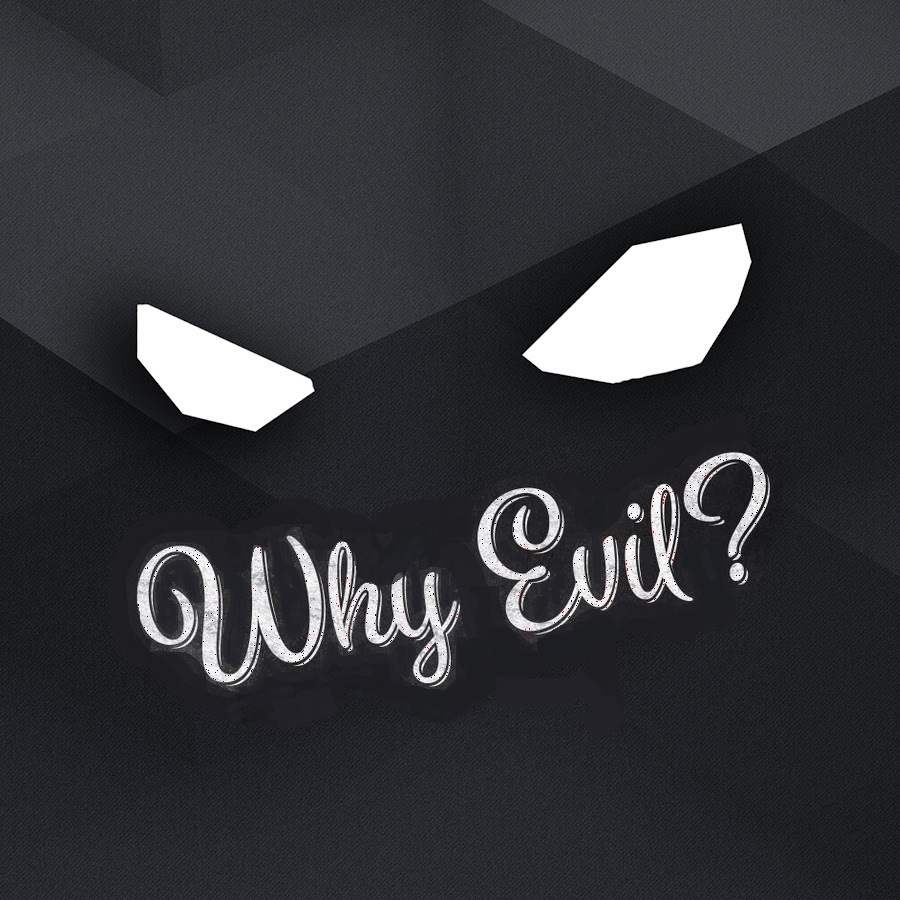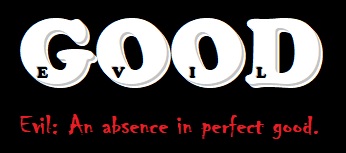The Less-Good Option
By Anthony Casperson
2-20-21
Earlier this week, I was listening to a podcast in which there was a rather friendly discussion between a Christian apologist and someone who had walked away from the faith. In it a question was raised concerning why a loving God would make a world with evil in it? The person wasn’t trying to deny the existence of any spiritual life, but rather questioned the existence of the God that the bible portrayed.
My first thought when I heard the question was, “Didn’t I write a blog about ‘The Problem of Evil’ before?” And in truth, I had. The post entitled “Choose It, Or Not” from a handful of months ago touched on what I believe to be a reasonable response to the question of evil’s existence.
But as the week carried on, my thoughts returned to the discussion again and again. And new illustrations for my perspective of the topic revealed themselves as well. (Plus, personally having a couple of terribly suck-tastic weeks with a truckload of problems in my own recent life kept me thinking about it.)
So, while my two points haven’t changed in discussing “The Problem of Evil,” I’ll punctuate them with some new illustrations.
The first point is that evil is not a thing in and of itself. It’s an absence, or perversion, of good. God created the universe with a specific order. Following his guidelines fulfilled the created order’s proper purpose. When everything ran as he had designed, it was good.
However, removal from that purpose made things less good, less perfect. And it is this lessening of the good that we refer to as evil. It’s when the created order removes itself from the perfect ways of God that the good is lessened. And this lack is not a created thing. Therefore, God didn’t create evil. Evil “came to exist” when the good creation removed itself from God’s perfection.
I was reminded of the creation mythos of Middle Earth found in the Silmarillion. It’s a bit distant from the Genesis narrative, in as much as Eru Iluvatar (the god of the fictional realm) created the world through the song of the Valar (angel-like beings), instead of Yahweh speaking the universe into existence without any non-divine intermediary.
But the introduction of the less-good has some parallels. In Tolkien’s work, one of the Valar (named Morgoth) rebelled against the song of Eru Iluvatar. And a sort of dissonance is brought to the created world. The perversion of the perfect song of Eru Iluvatar corrupted his creation.
And something needed to happen so that the dissonance didn’t destroy the whole. This is why that fictional deity incorporated the dissonant sounds into his creation song with jazz-like flair. And in our world, this is why the true God infuses his good and perfect will into our lives even through the less-good parts. Even sufferings, persecutions, and difficulties can teach and guide us to be more like the holy God of the universe.
Evil wasn’t part of the original creation, but the perversion still carries traces of the good that was meant to be. And even the slightest amount of good can direct our thoughts to the perfection of God’s ways.
My second point in discussing “The Problem of Evil” usually needs to be discussed at this point because another question arises. “If God is so loving, why didn’t he make a world where the less-good wouldn’t be chosen?” Essentially, why make a world that would eventually lead to a removal or perversion of the good?
And it comes down to human free will. When a choice is allowed, there is the obvious possibility that the option preferred by the one offering the choice won’t be taken. The free will that God placed within humanity afforded us the ability to choose to go against God’s prescribed designs. We could work in ways that human beings were not meant to. Thus, removing ourselves from the perfect and holy good of God’s intent. (And bringing evil, the less-good, into the created order.)
So, why would God allow us to have free will if it would just be better for us to do as he commanded us? Why give us the option?
Free will is more loving than forced obedience.
(In the two paragraphs following this one, I’m going to give an example that proves this point, but feel I must warn that it contains spoilers for episode 6 of Wandavision. So, if that’s something important to you, just skip the next couple of paragraphs, and I’ll place a parenthetical tag after it letting you know when it’s safe to return.)
In said episode, Vision starts to break from Wanda’s control. He goes out to the limits of the town she created and finds this one woman caught in a loop of trying to put up a Halloween decoration. She gets close to hanging this one strand, but has to return back to her starting position without actually accomplishing anything. Caught in an endless loop.
And then the camera pushes in to showcase a single tear fall down her face. The woman knows that she’s forced to do this one thing over and over again. Her free will has been removed from her. And it rips our hearts apart. Because it is intrinsically understood by humanity that allowing the freedom to choose is more loving than forced obedience. Even if it’s not the preferred option.
(SPOILERS OVER)
This is why God created humans, his self-stylized images, with free will. It was the only truly loving way to make us. Giving us the option to choose the less-good means that we then are also capable of opting to accept the loving God who made us. We can choose the good, And we don’t have to live in the horror of enforced obedience.
Evil “exists” because there was no more loving way to make humanity than with the freedom to choose the less-good. We add to the perversion, remove the good, when we choose to act in any way that goes against the godly designs given to humanity.
Why would God make a world where the less-good can be chosen? Because he is good and loving. Any other world would disprove his character.




